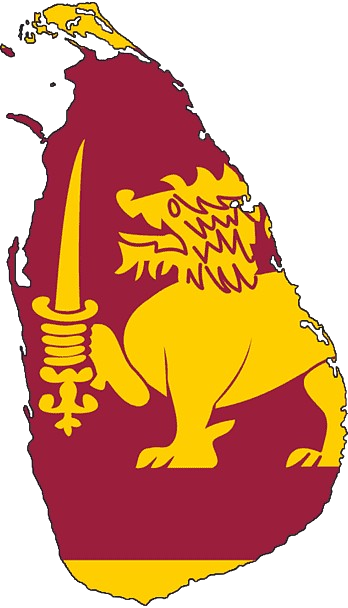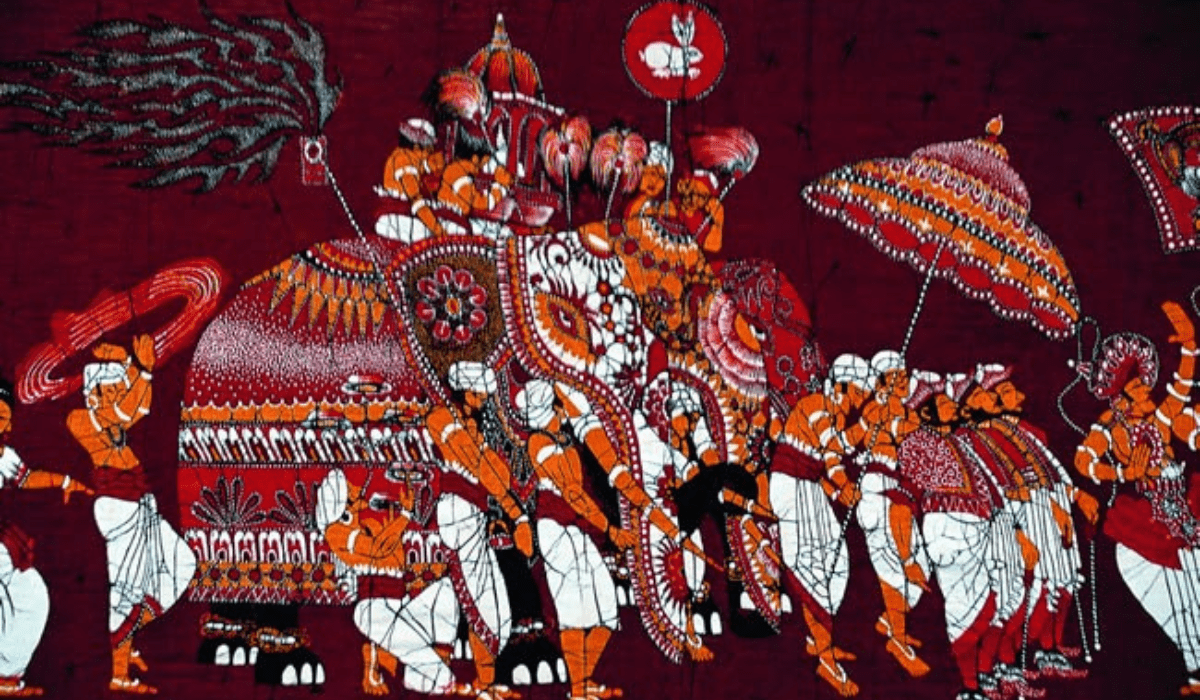Introduction
Table of Contents
Christmas, celebrated by the Christian population in Sri Lanka, is a vibrant and significant cultural event that has been observed for centuries. The festival, based on the birth of Jesus Christ, brings together communities in joyous celebration. This article explores the history of the Christmas festival in Sri Lanka, its cultural significance, traditional perspectives, and the contributions of the Christian population to this festive season. The focus keyword for this article is “Christmas festival,” and it aims to educate readers about this cherished event.
History of the Christmas Festival in Sri Lanka
The history of Christmas in Sri Lanka is intertwined with the arrival of Christianity on the island. The Portuguese, who arrived in Sri Lanka in the early 16th century, were the first Europeans to introduce Christianity to the local population. They established Catholic missions and built churches, spreading the message of Christianity.
In the 17th century, the Dutch took control of the coastal areas of Sri Lanka and introduced Protestantism. The British, who colonized the island in the 19th century, further spread Christianity and established Anglican churches. Over time, Christianity took root in various parts of Sri Lanka, with significant Christian communities forming in urban areas and along the western coast.
Cultural Significance of the Christmas Festival

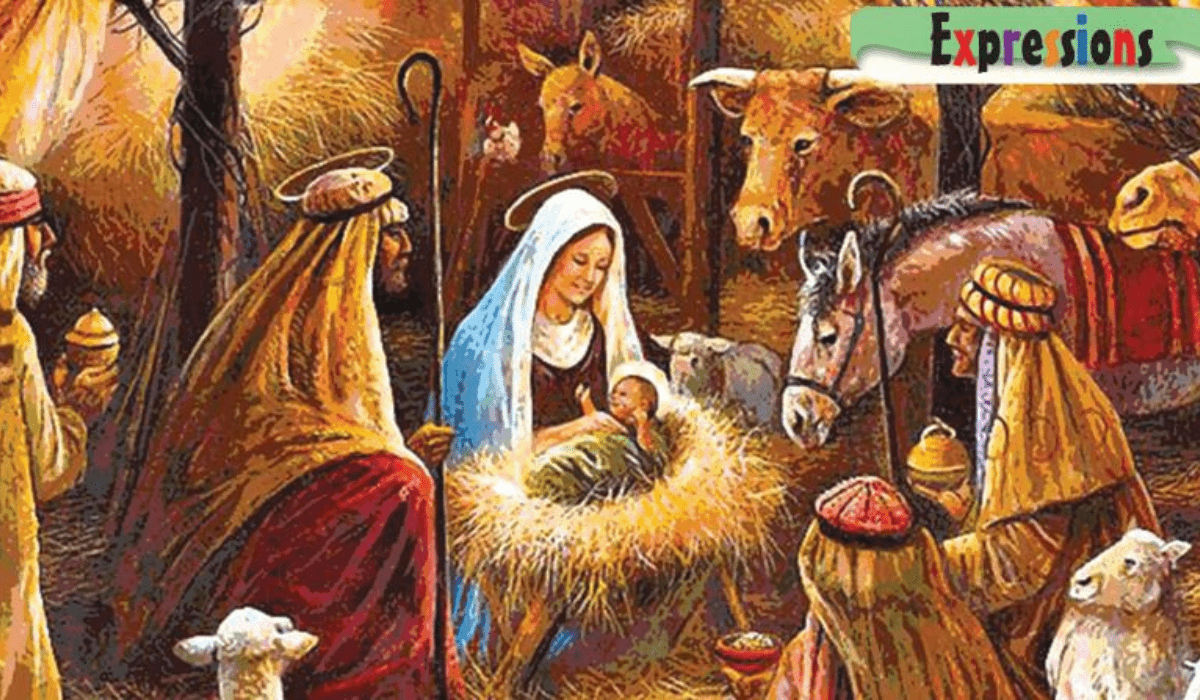
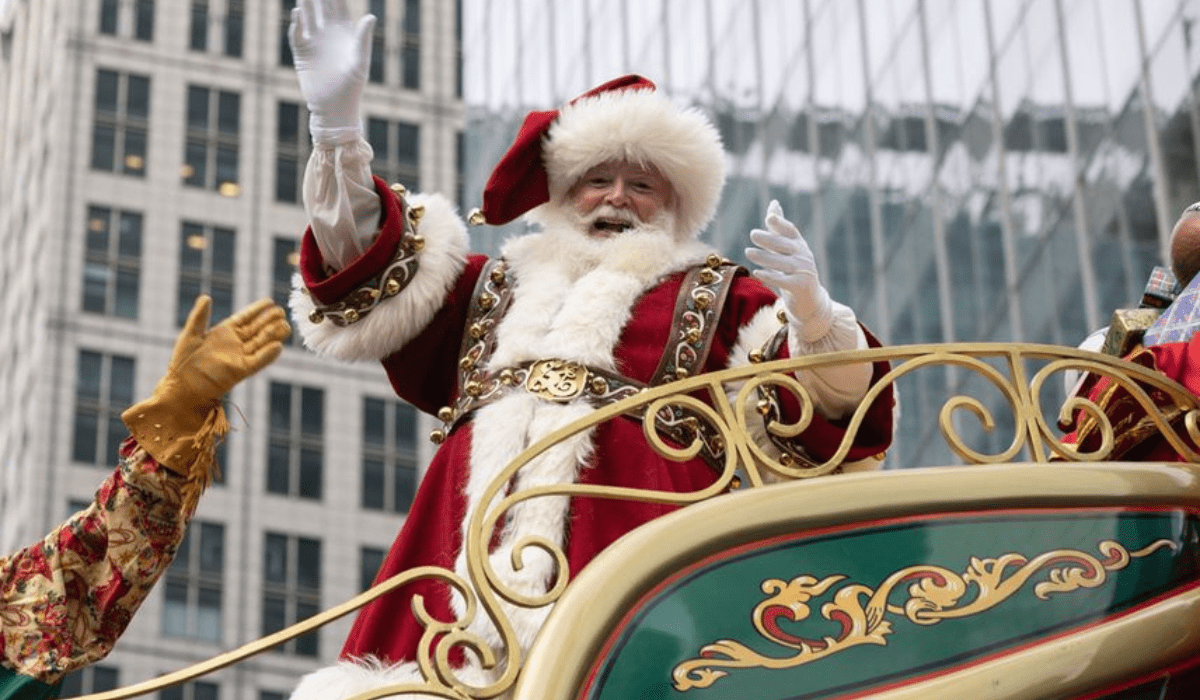
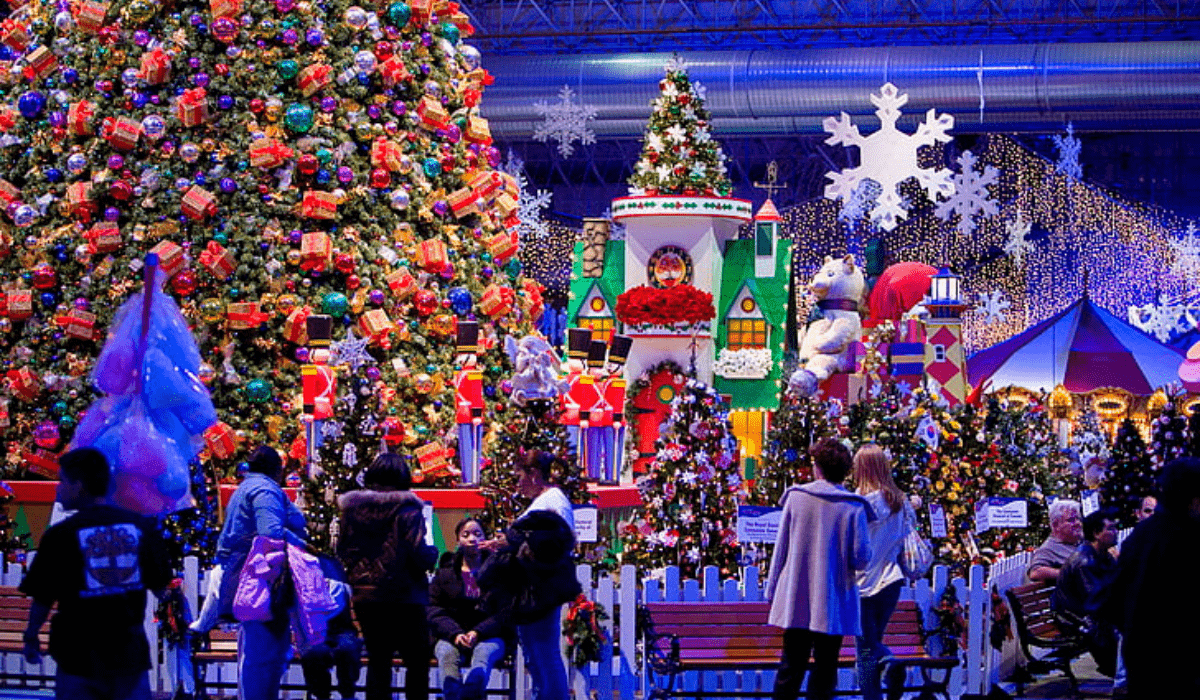

The Christmas festival holds immense cultural significance in Sri Lanka, symbolizing peace, love, and goodwill. It is a time for families and communities to come together, reflecting on the teachings of Jesus Christ and celebrating his birth. The festival also highlights the diverse cultural fabric of Sri Lanka, where people of different religions and ethnicities join in the celebrations.
Religious Observances
Christmas in Sri Lanka is marked by various religious observances, starting with the Advent season, which begins four weeks before Christmas. The Advent season is a time of preparation and reflection, with Christians attending special church services and lighting Advent candles.
On Christmas Eve, Midnight Mass is held in churches across the island. This special service includes the reading of the Nativity story, hymns, and prayers, culminating in the celebration of the Eucharist. Churches are beautifully decorated with lights, nativity scenes, and Christmas trees, creating a festive and spiritual atmosphere.
Festive Traditions
The cultural significance of the Christmas festival is also evident in the various traditions and customs observed by the Christian population in Sri Lanka. Homes are decorated with Christmas trees, lights, and ornaments. Nativity scenes, depicting the birth of Jesus, are set up in homes and churches, reminding people of the true meaning of Christmas.
One of the most cherished traditions is the exchange of Christmas gifts. This practice symbolizes the gifts brought by the Wise Men to the infant Jesus and reflects the spirit of giving and sharing. Children eagerly await the arrival of Santa Claus, who is believed to bring gifts and spread joy.
Traditional Perspectives
The traditional perspectives of the Christmas festival in Sri Lanka are deeply rooted in the teachings of Christianity and the cultural practices of the local Christian community. These traditions have been passed down through generations, blending religious devotion with local customs.
Christmas Carols
Singing Christmas carols is a beloved tradition in Sri Lanka. Carolers, often comprising children and adults from the local church, visit homes in the community, singing hymns and spreading festive cheer. Popular carols such as “Silent Night,” “Joy to the World,” and “O Holy Night” resonate through the streets, creating a joyful and harmonious atmosphere.
Festive Foods
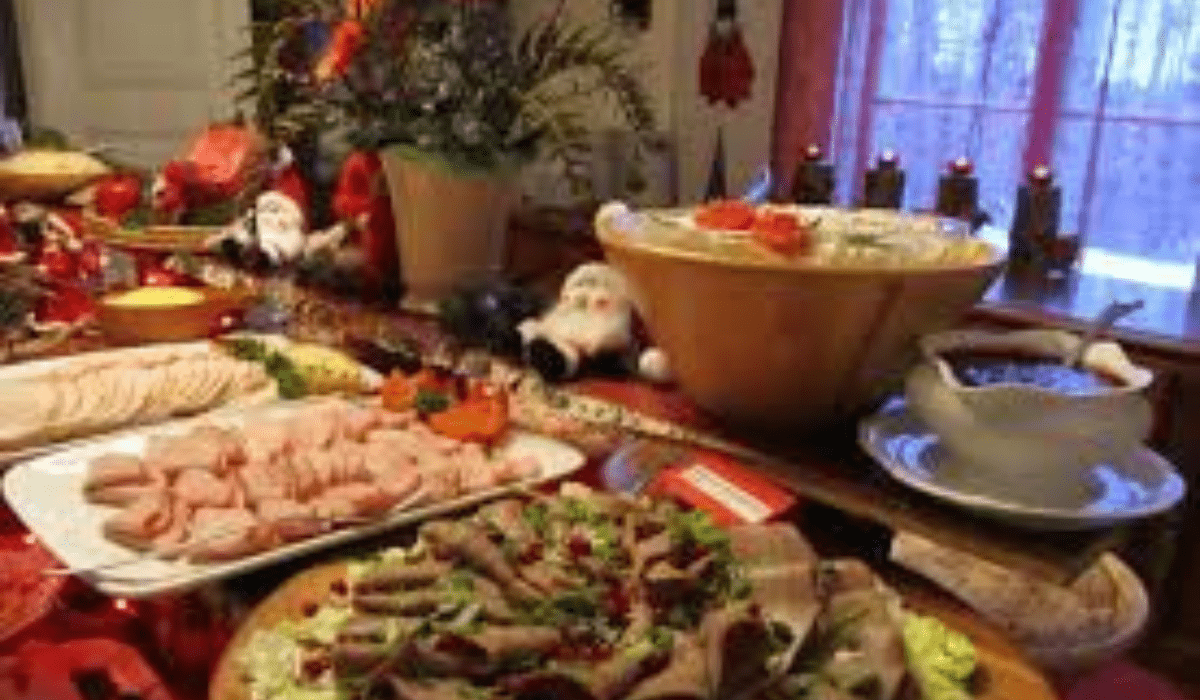
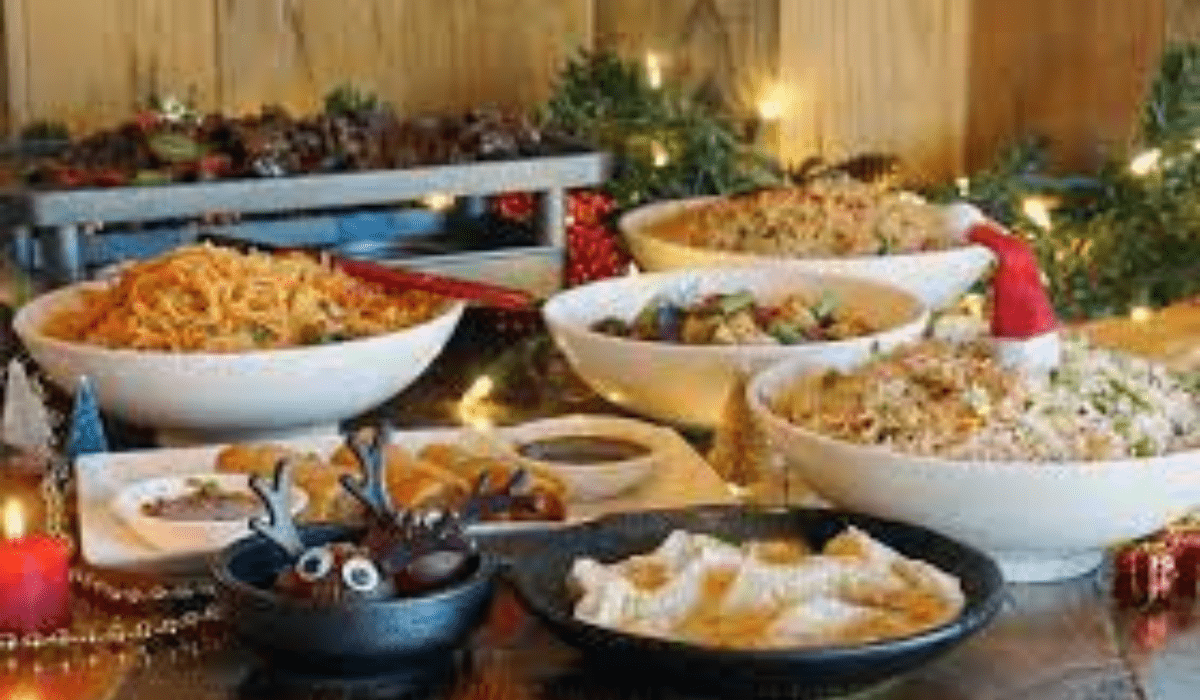
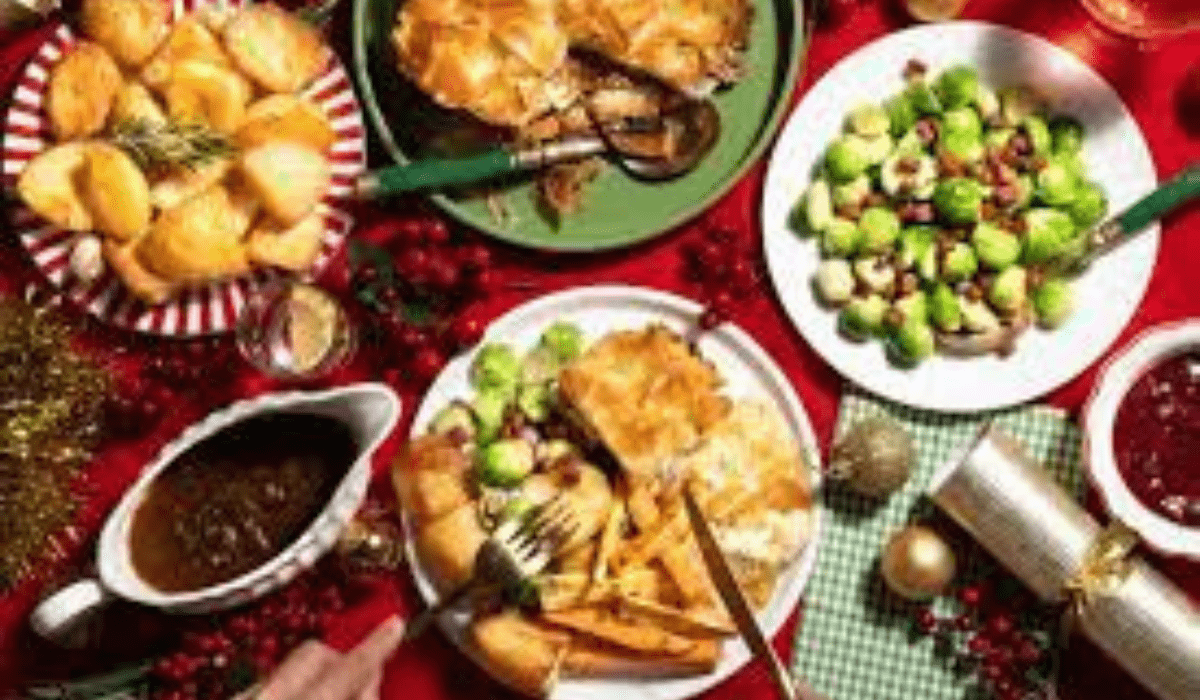

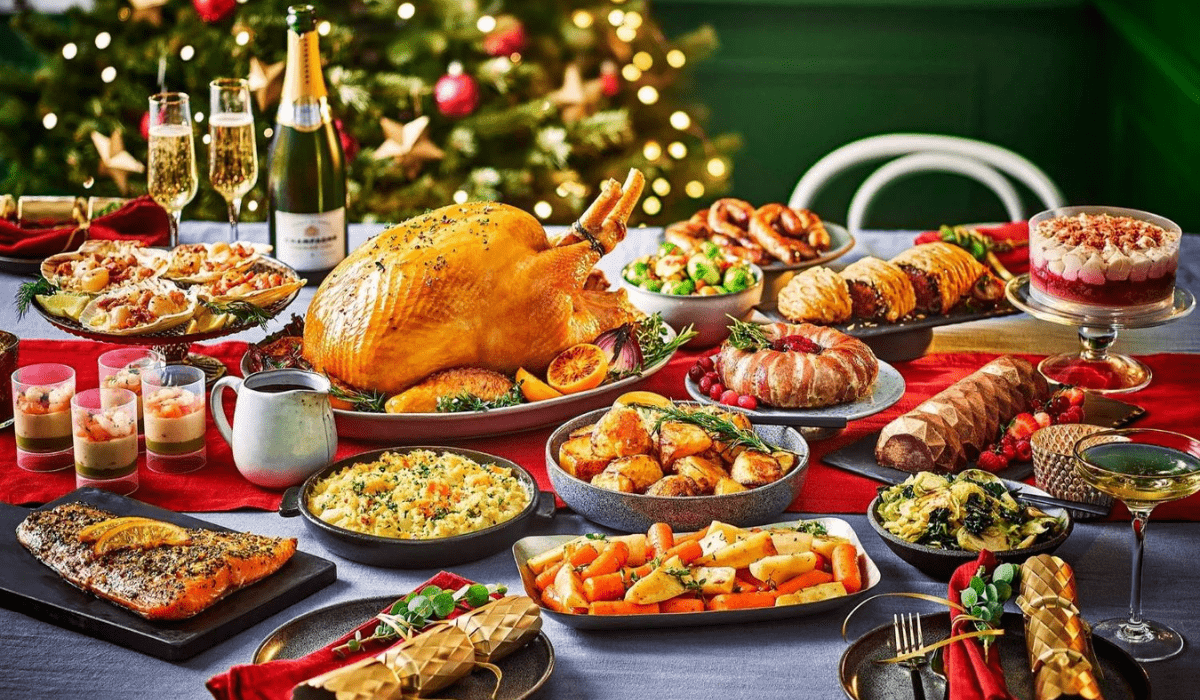
Food plays a central role in the Christmas celebrations in Sri Lanka. Families prepare an array of traditional dishes and sweets, reflecting the island’s rich culinary heritage. Popular festive foods include roast chicken or turkey, Christmas cake, breudher (a Dutch-inspired Christmas bread), and love cake (a rich and spiced cake with Portuguese origins). These delicacies are shared with family, friends, and neighbors, reinforcing the sense of community and togetherness.
- Christmas Cake: A rich fruitcake made with dried fruits, nuts, and spices, often soaked in rum or brandy. It is a staple during the festive season and is usually prepared weeks in advance to allow the flavors to develop.
- Kukul Mas Curry: A spicy chicken curry made with a blend of aromatic spices, coconut milk, and fresh herbs. This dish is often served with rice and is a favorite during Christmas feasts.
- Fish Ambul Thiyal: A traditional sour fish curry made with tamarind and spices, showcasing the coastal culinary influences in Sri Lankan cuisine.
- Sweets and Treats: Various traditional sweets are prepared, including Kavum (oil cakes), Kokis (crispy snacks), and Aluwa (sweet rice flour cakes), adding a festive touch to the celebrations.
Church Services
On Christmas Eve, many Christians attend midnight mass, a significant event that marks the birth of Christ. Churches are beautifully decorated with lights, flowers, and nativity scenes, creating a festive atmosphere. The service typically includes carols, scripture readings, and a sermon, culminating in the joyous celebration of Christ’s birth.
Christmas Decorations
Homes and churches are adorned with decorations, including Christmas trees, wreaths, and lights. In many households, families set up nativity scenes to depict the birth of Jesus, often using clay figurines or handmade decorations. The Christmas tree, often adorned with ornaments and lights, serves as a focal point for family gatherings.
Contributions of the Christian Population
The Christian population in Sri Lanka has made significant contributions to the island’s cultural and social fabric, particularly through the celebration of the Christmas festival. Their observance of Christmas and the associated customs and traditions have enriched the island’s multicultural heritage.
Promoting Unity and Harmony
The Christmas festival in Sri Lanka is a testament to the island’s religious and cultural diversity. The celebration of Christmas fosters unity and harmony among different communities, promoting mutual respect and understanding. People of all religions and ethnicities often participate in Christmas festivities, reflecting the inclusive nature of the celebrations.
Charitable Activities
Charity is a central theme of the Christmas festival in Sri Lanka. Christian communities engage in various charitable activities during the festive season, embodying the spirit of giving and compassion. Churches and organizations organize events to support the less fortunate, including distributing food, clothing, and gifts to those in need. These acts of kindness and generosity have a positive impact on society, reinforcing the values of empathy and social responsibility.
Cultural Integration
The Christmas festival in Sri Lanka showcases the integration of Christian traditions with local customs. The celebration of Christmas incorporates elements of Sri Lankan culture, such as traditional music, dance, and cuisine. This cultural integration is evident in the diverse ways Christmas is celebrated across the island, reflecting the unique blend of influences that shape Sri Lankan society.
Gift-Giving
Exchanging gifts is a cherished tradition during Christmas. Families and friends often buy or make presents for each other, symbolizing the spirit of giving and love. Children eagerly await Santa Claus, who is often depicted as bringing gifts, adding excitement to the festivities.

Conclusion
The Christmas festival in Sri Lanka, with its rich history and cultural significance, is a cherished event that brings together communities in joyous celebration. Rooted in the teachings of Christianity and enriched by local customs, the festival embodies the values of peace, love, and goodwill. The traditions and practices associated with Christmas, from religious observances to festive foods and charitable activities, reflect the deep-rooted faith and cultural heritage of the Christian population in Sri Lanka.
For visitors to Sri Lanka, experiencing the Christmas festival offers a unique insight into the island’s multicultural society and the harmonious coexistence of its diverse communities. The celebrations provide an opportunity to witness the rich cultural traditions and the spirit of unity that define the Christian population in Sri Lanka. As the island continues to embrace modernity, the essence of the Christmas festival remains intact, preserving its historical significance and cultural values for future generations.

